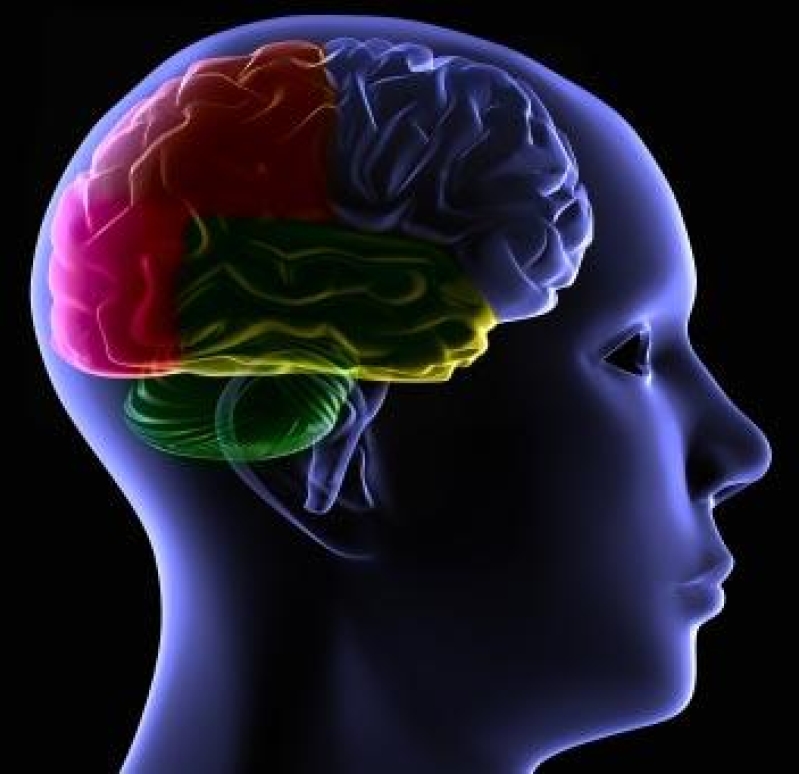
A new study reveals that exposure to environmental pollution may cause autism or schizophrenia.
While the link pollution and autism has previously been investigated, researchers from the University of Rochester have uncovered the biological mechanism that may explain how pollution can put people at a higher risk for both autism and schizophrenia.
"From a toxicological point of view, most of the focus of air pollution research has been on the cardiopulmonary system - the heart and lungs," study author Deborah Cory-Slechta, professor of environmental medicine at the University of Rochester, told FoxNews.com. "But I think it's becoming increasingly clear that the adverse things happening there are also happening in the brain, and this may be adding to risks for neurodevelopmental disorders like autism that we hadn't thought about before."
To conduct the experiment, Cory-Schleta and her colleagues exposed a group of baby mice to levels of air pollution equivalent to those seen in rush hour traffic.
After four hours of pollution exposure during two four-day periods, the group of mice exposed to pollution exhibited significant changes in behavior compared to mice living in an environment with clean hair.
"We see changes in learning produced by these exposures in males and females, and in levels of activity, and we saw deficits in memory in both males and females," Cory-Slechta said. "We also had a measure of attention, looking at impulsive-like behaviors, which we only tested in males, and there too we saw the effects of postnatal exposure."
Researchers discovered the effects lasting, reporting behavioral differences between the groups of mice ten months after the exposure. The brains of the mice exposed to pollution had experienced inflammation and "enlargement of the ventricles," or the chambers on either side of the brain containing cerebrospinal fluid, which, if found in humans, are symptomatic of a neurological impairment called ventriculomegaly. Ventriculomegaly is often associated with damage to the corpus callosum, which connect the two sides of the brain.
"[The corpus callosum] are important for processing cognitive kinds of behaviors, social behaviors and emotional behaviors," Cory-Slechta said. "And autism is thought to be a disease in which that kind of connectivity is lost, and you also see ventricular enlargement in autism and schizophrenia as well."
"That kind of air pollution produces inflammation, it is going to produce inflammation peripherally and in the brain as well. And when you produce inflammation in the brain, you can kill cells there," Cory-Slechta said.
According to national statistics, 1 in 88 children will be diagnosed with autism this year. Males are affected by neurological disorders 4-1 in comparison to females.
"I think in particular autism has been very difficult to discover the ideology of, so to speak, we know there are genetic underpinnings but they don't fully account for [everything], and the leads in terms of, 'Are there environmental exposures?' have been relatively few," Cory-Schleta said. "And it might be interesting if it turns out air pollution can contribute."
Geneticist Wendy Chung says that while there are certainly many underlying factors, genes play the largest role in autism-- something that parents can do little about. However, she says that a variety of interventions are available to help children and their families affected by autism.
Chung says while there are a plethora of helpful medications available,, educational strategies are just as, if not more, important.
"People diagnosed with autism are wired differently, they learn in a different way, and they absorb their surroundings in a different way," she said. "We need to educated on how to educated so that we can respond to them in a way that serves them best."
However, Chung says that while there is much doctors know about autism, there is much more that they don't know. Consequently, she believes it's important for the community to use collective wisdom to make a difference.
"We need to join together to become a solution to autism," she stated. "But it will take a lot of us to focus on what is important; what's going to be a meaningful difference? As we think about something that will be potentially be a solution, how well does it work? We need to strive to make an impact, to allow those living with autism to live fuller, richer lives."
For autism research to advance, families and researchers must connect. To be a part of the solution, join the Interactive Autism Network .







